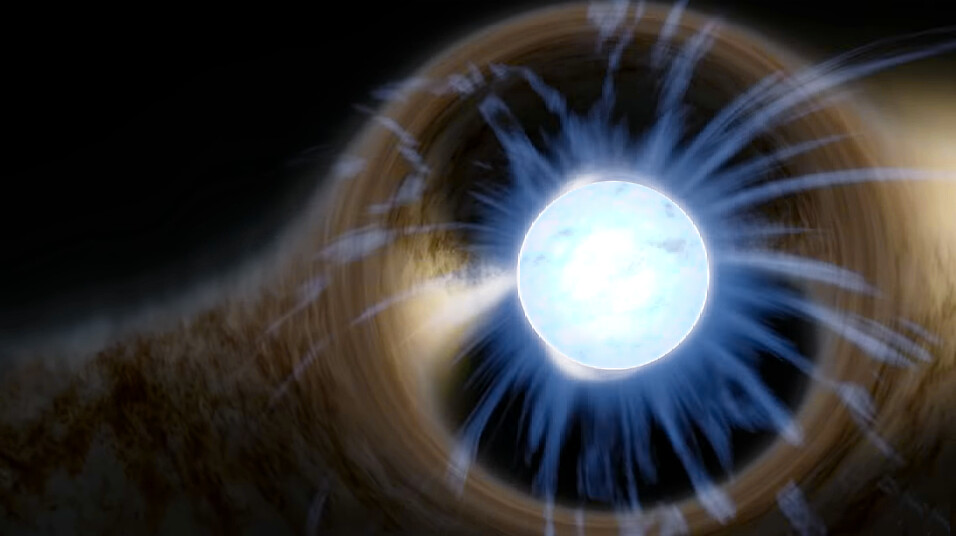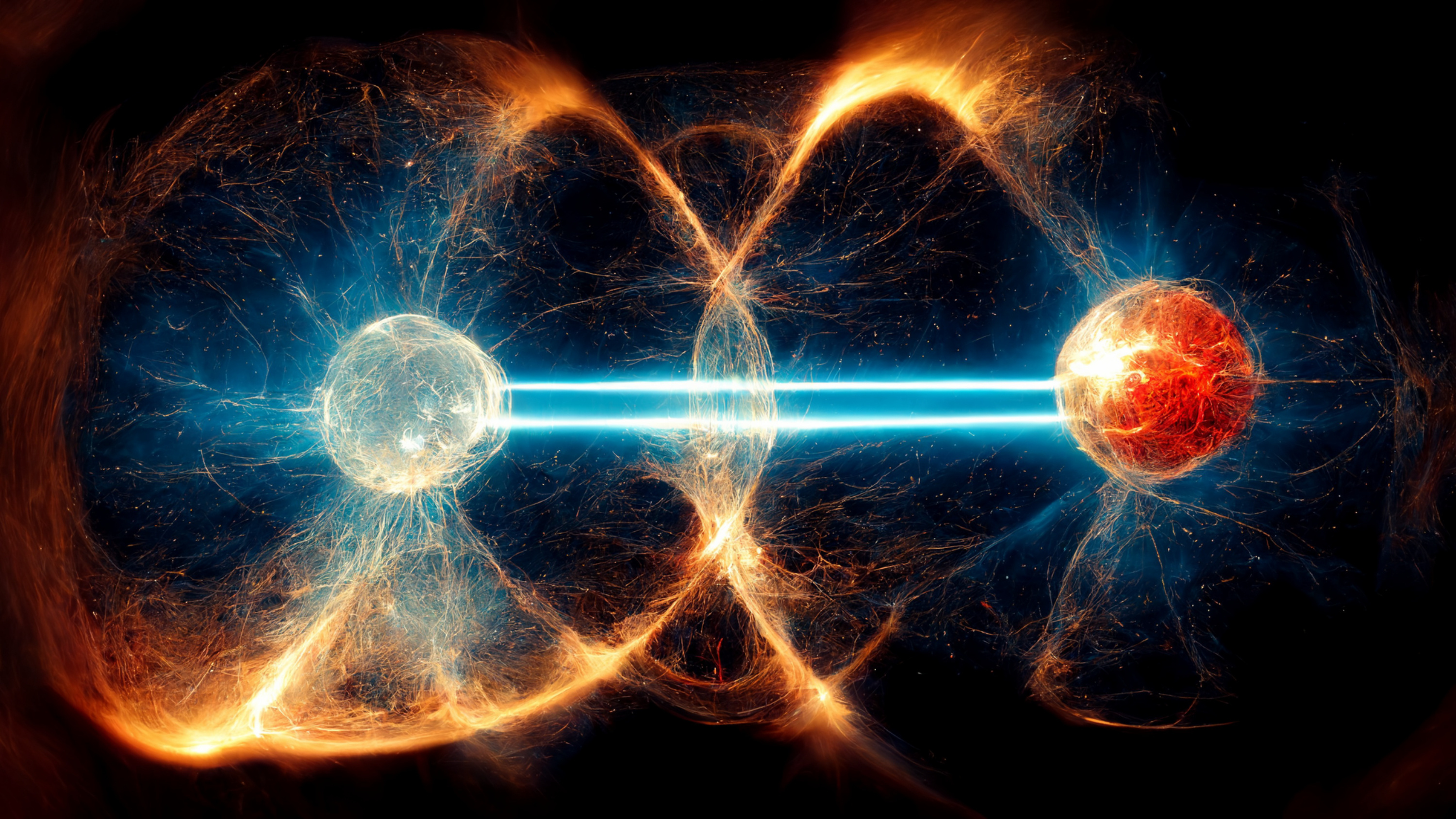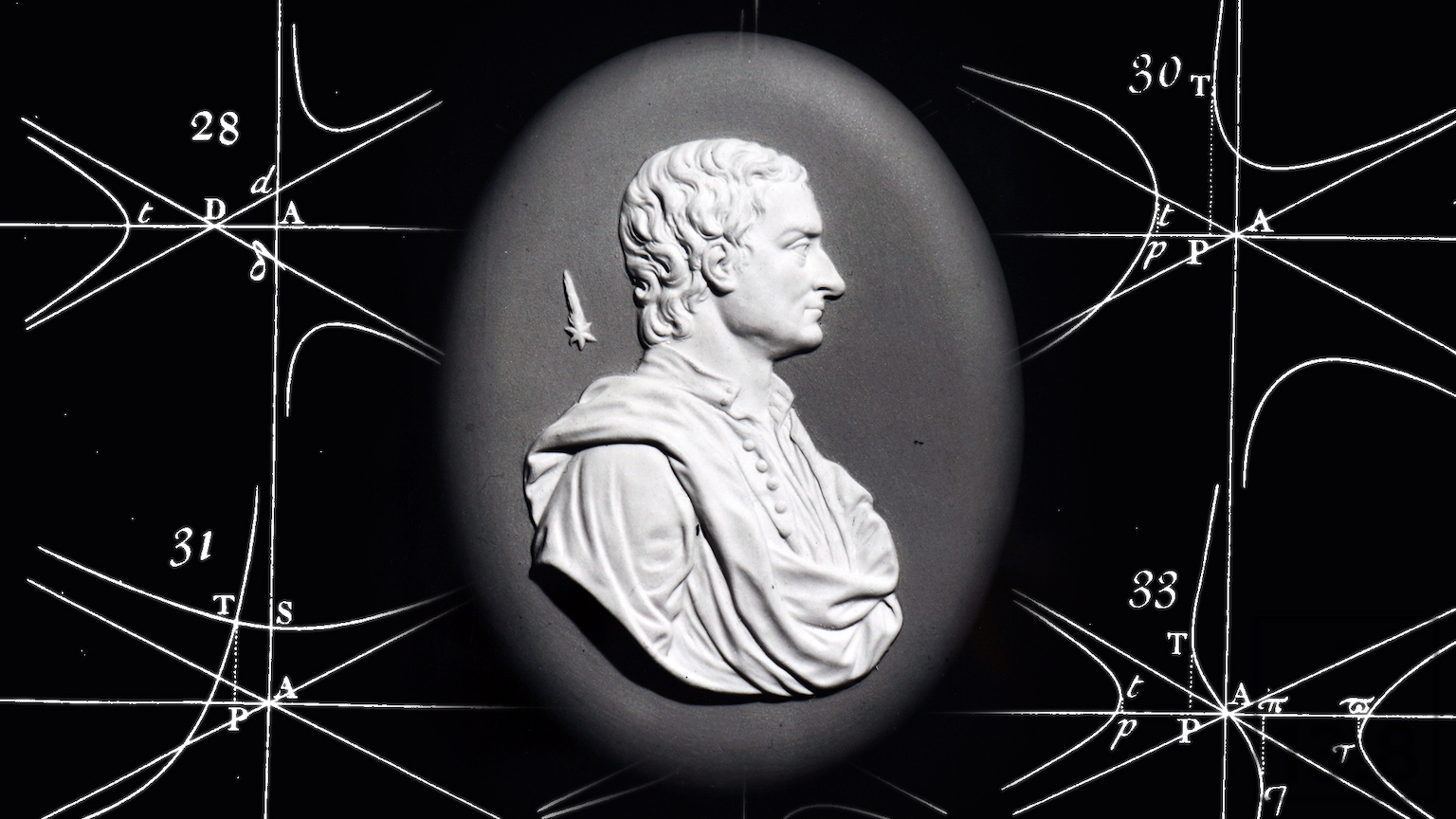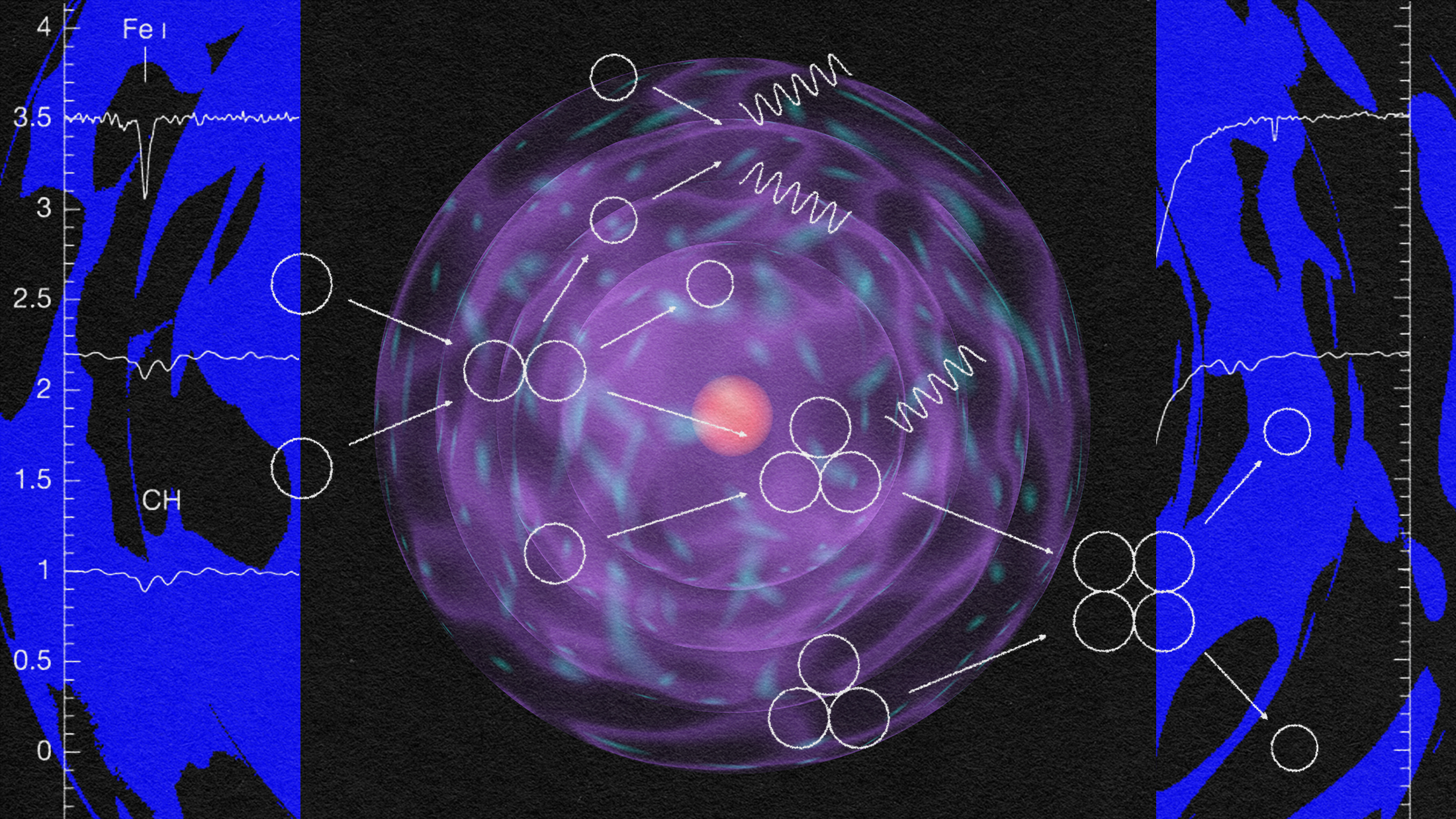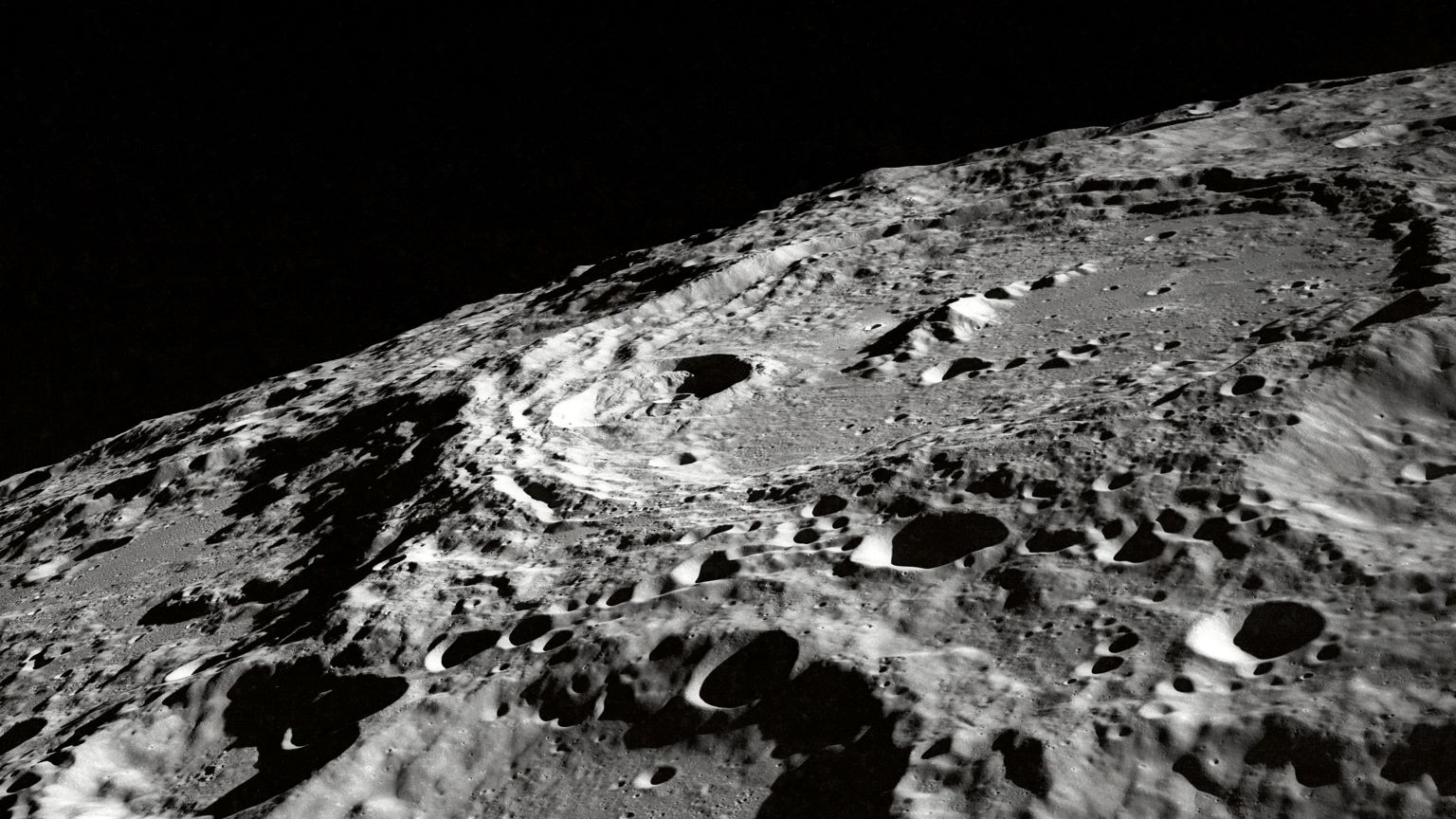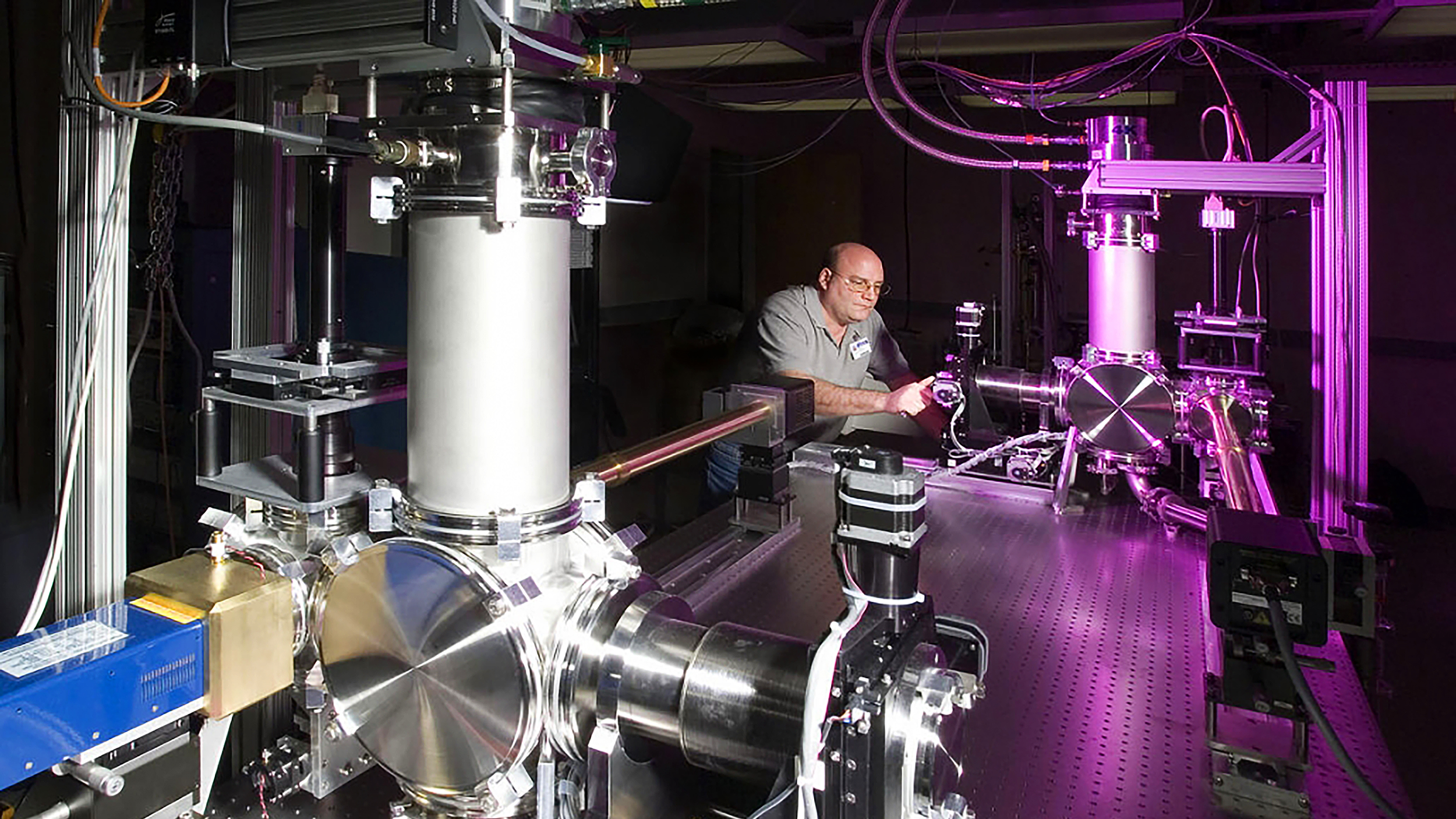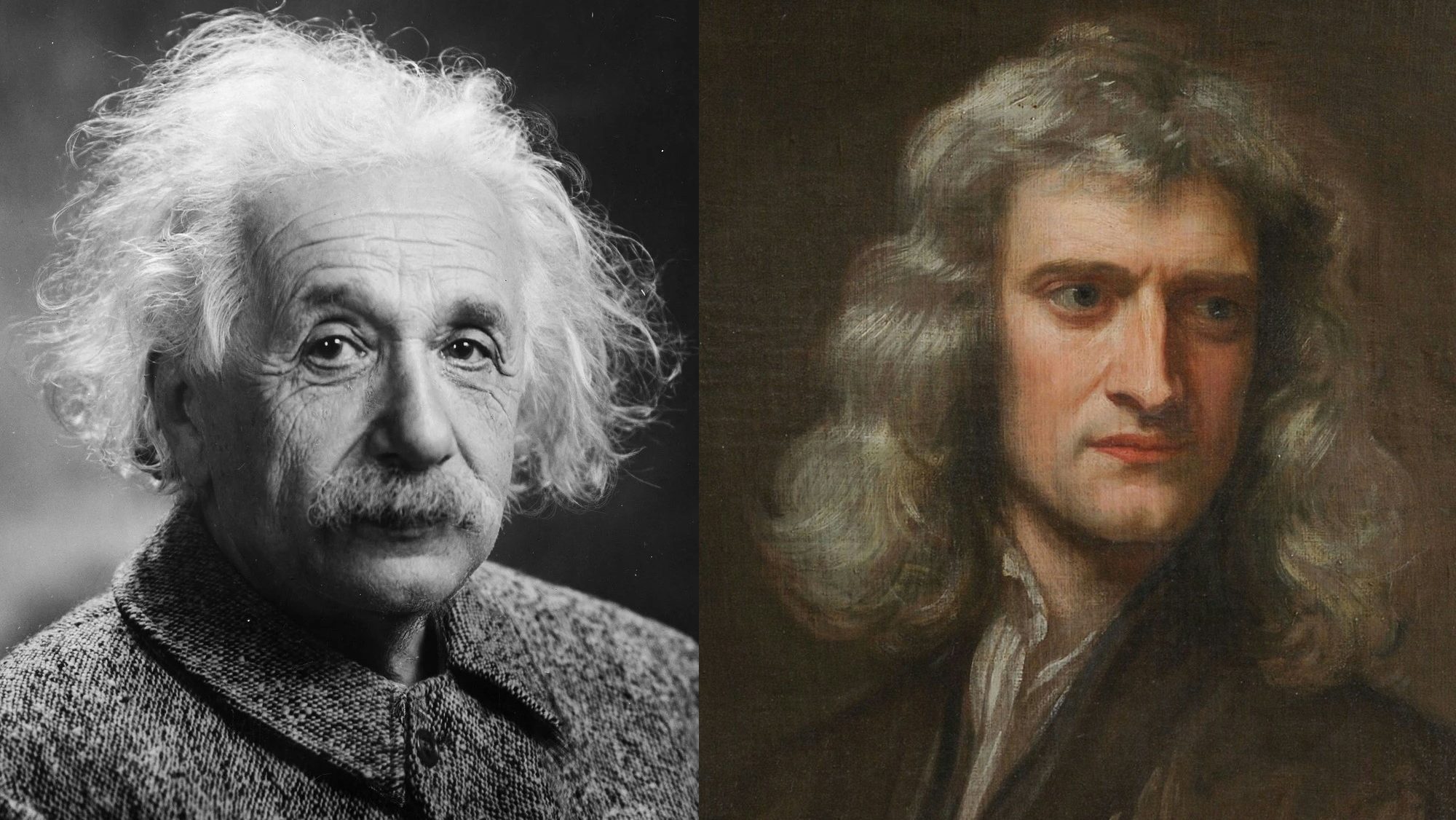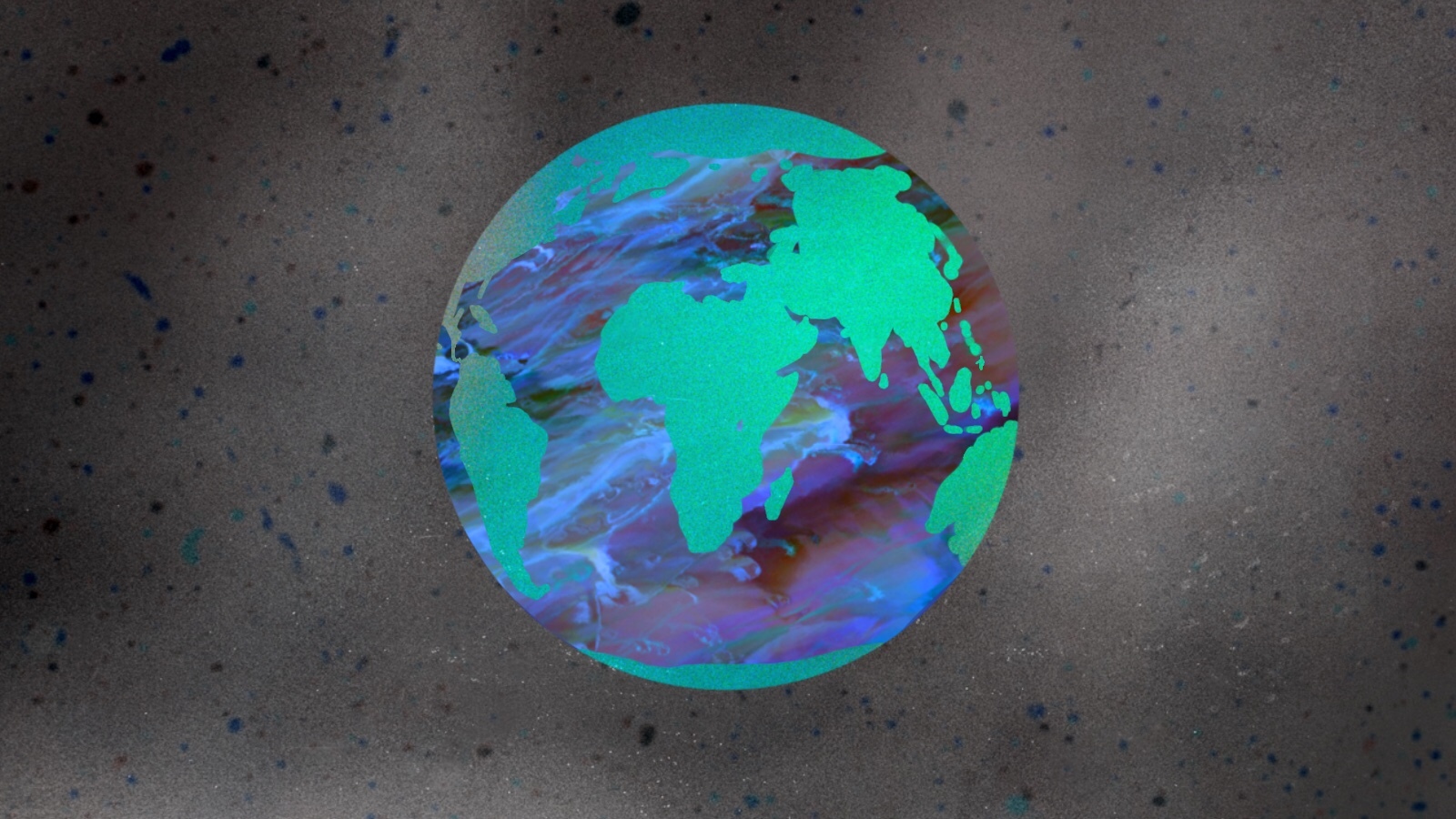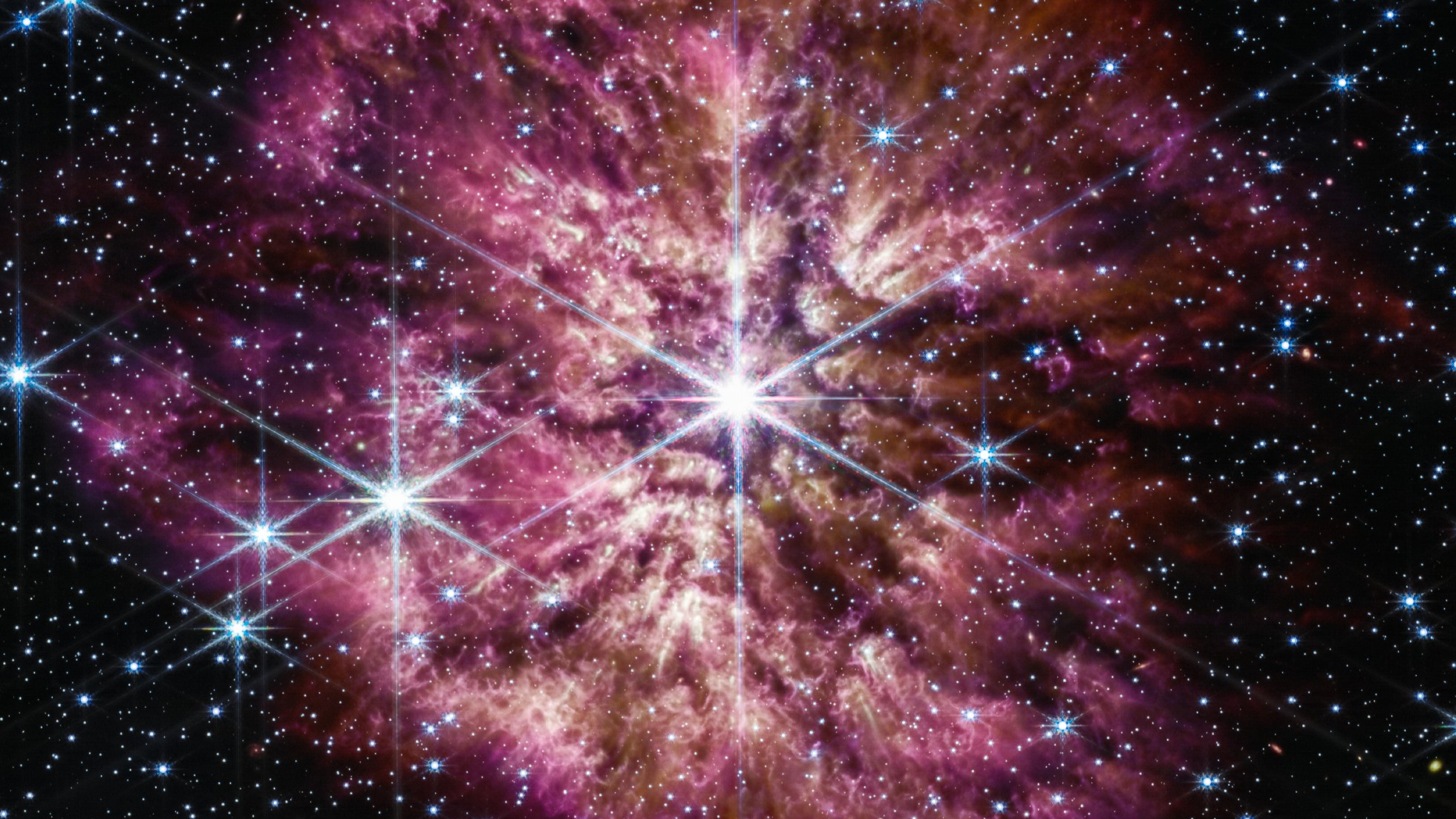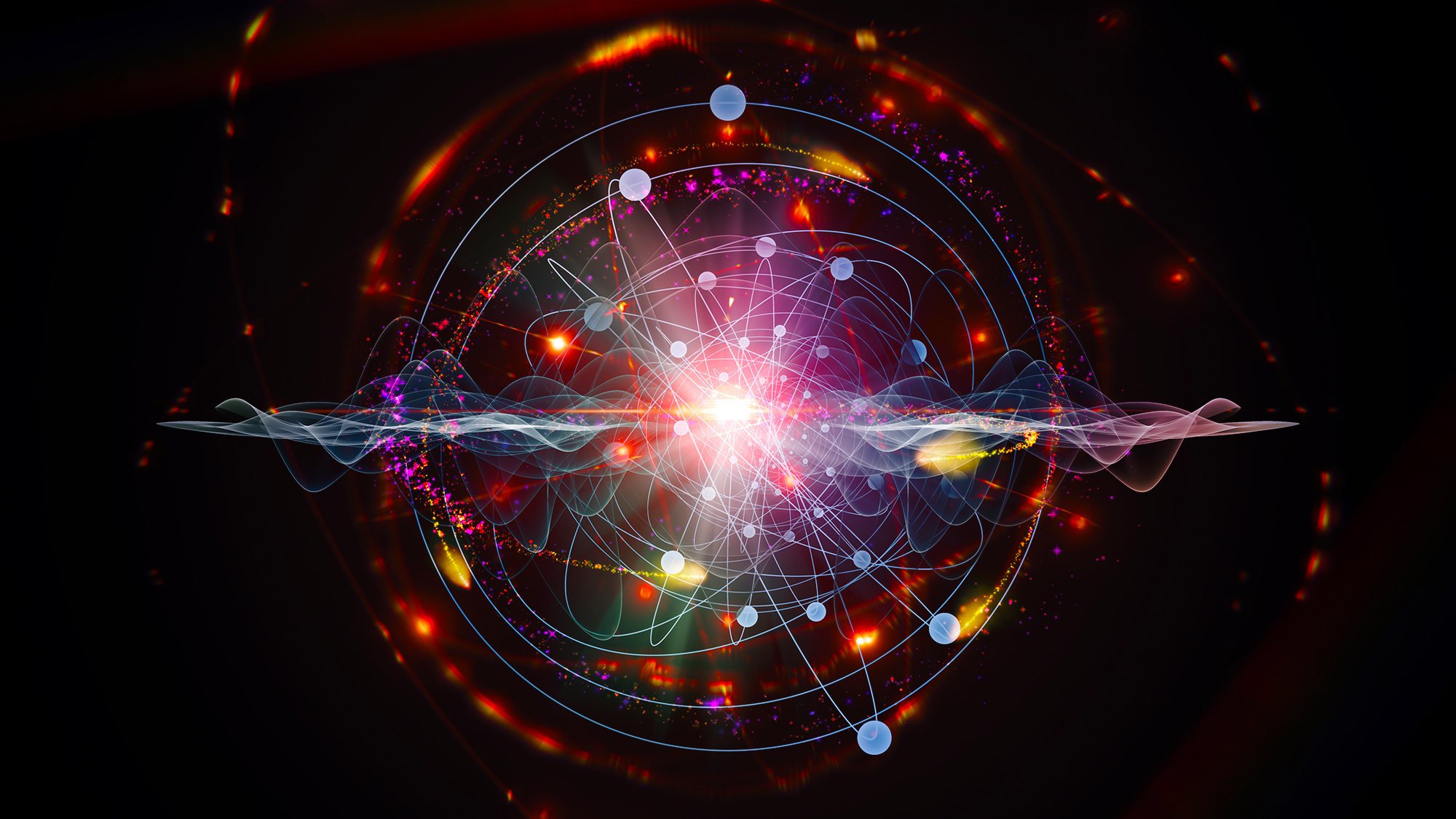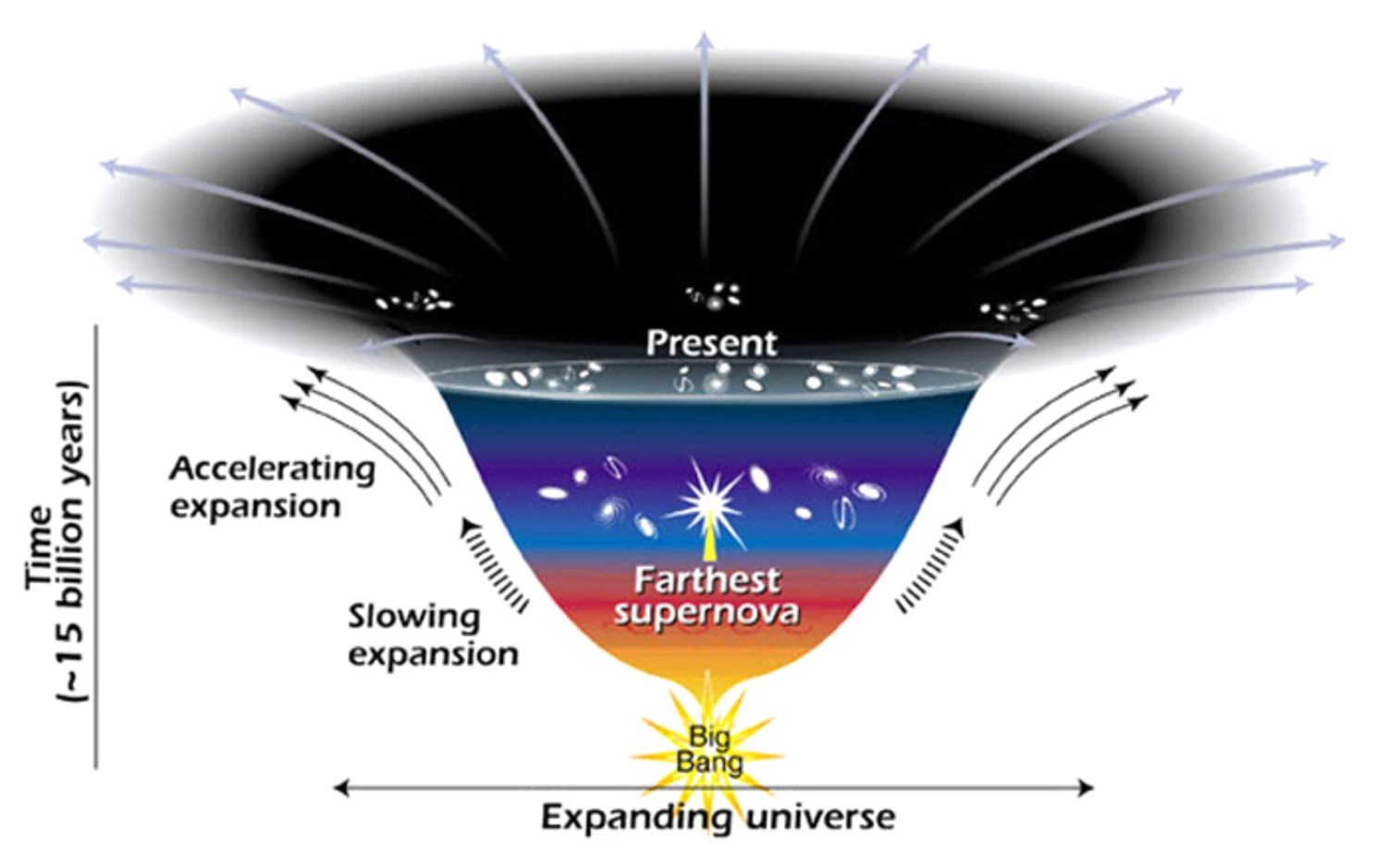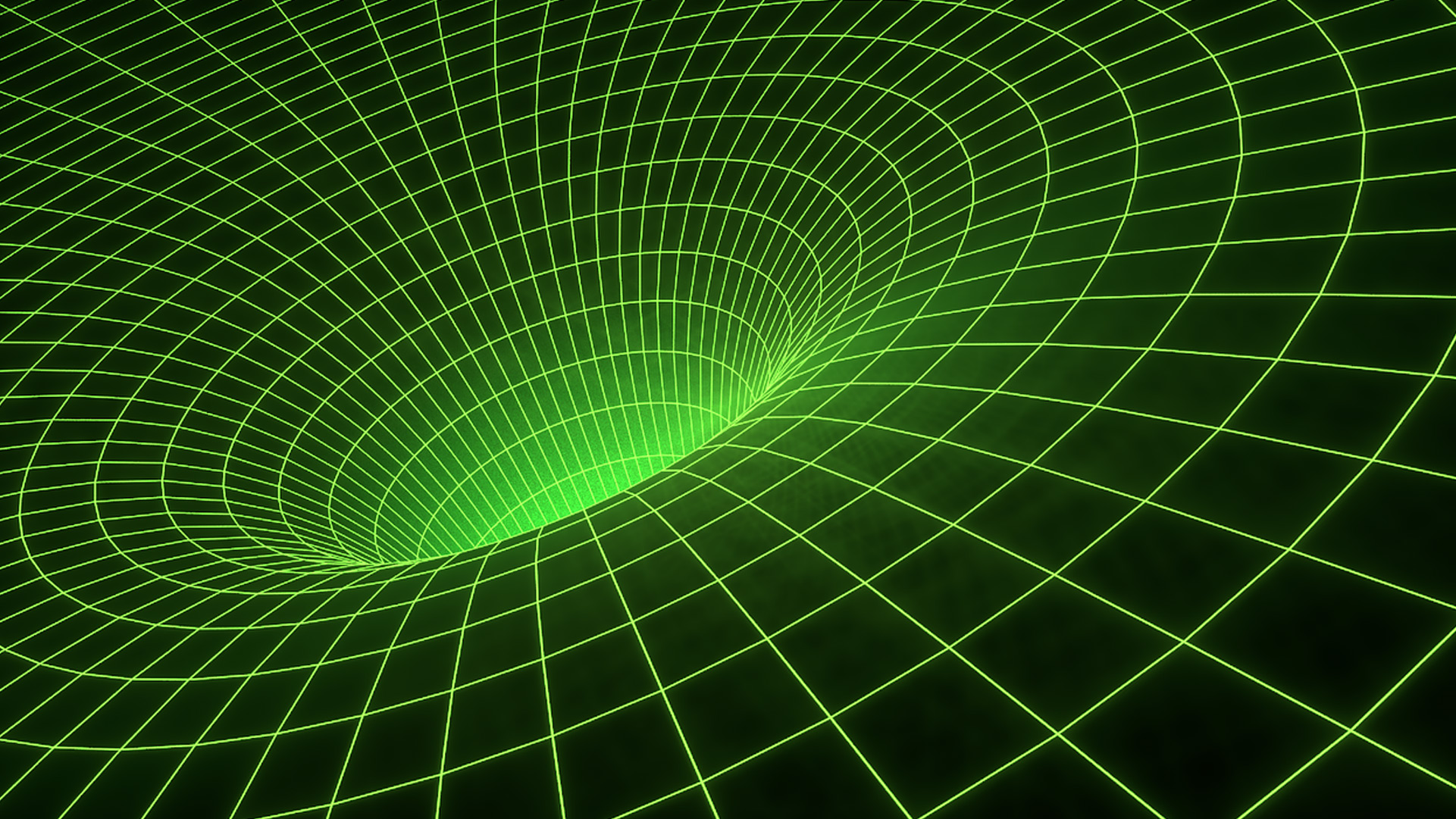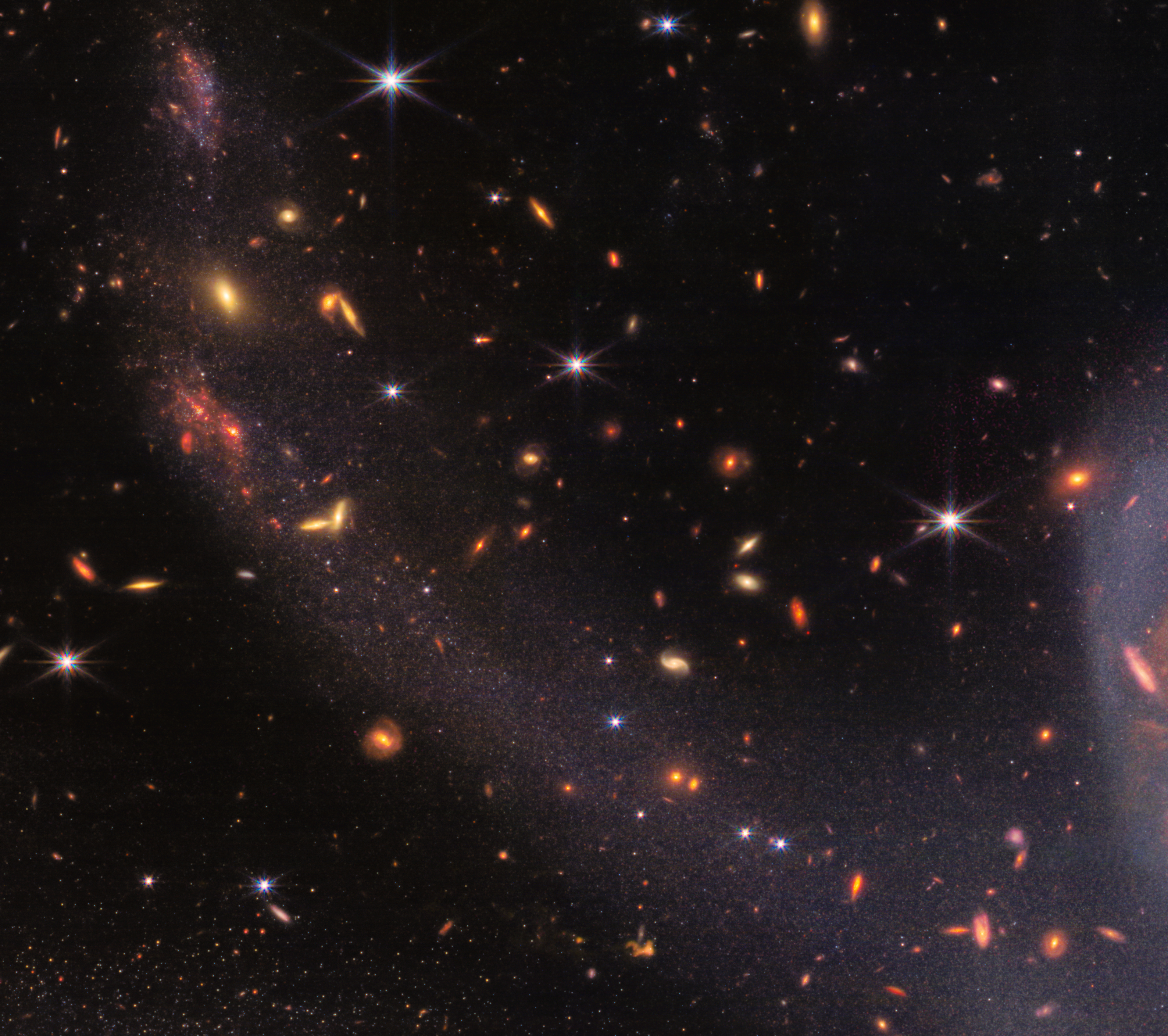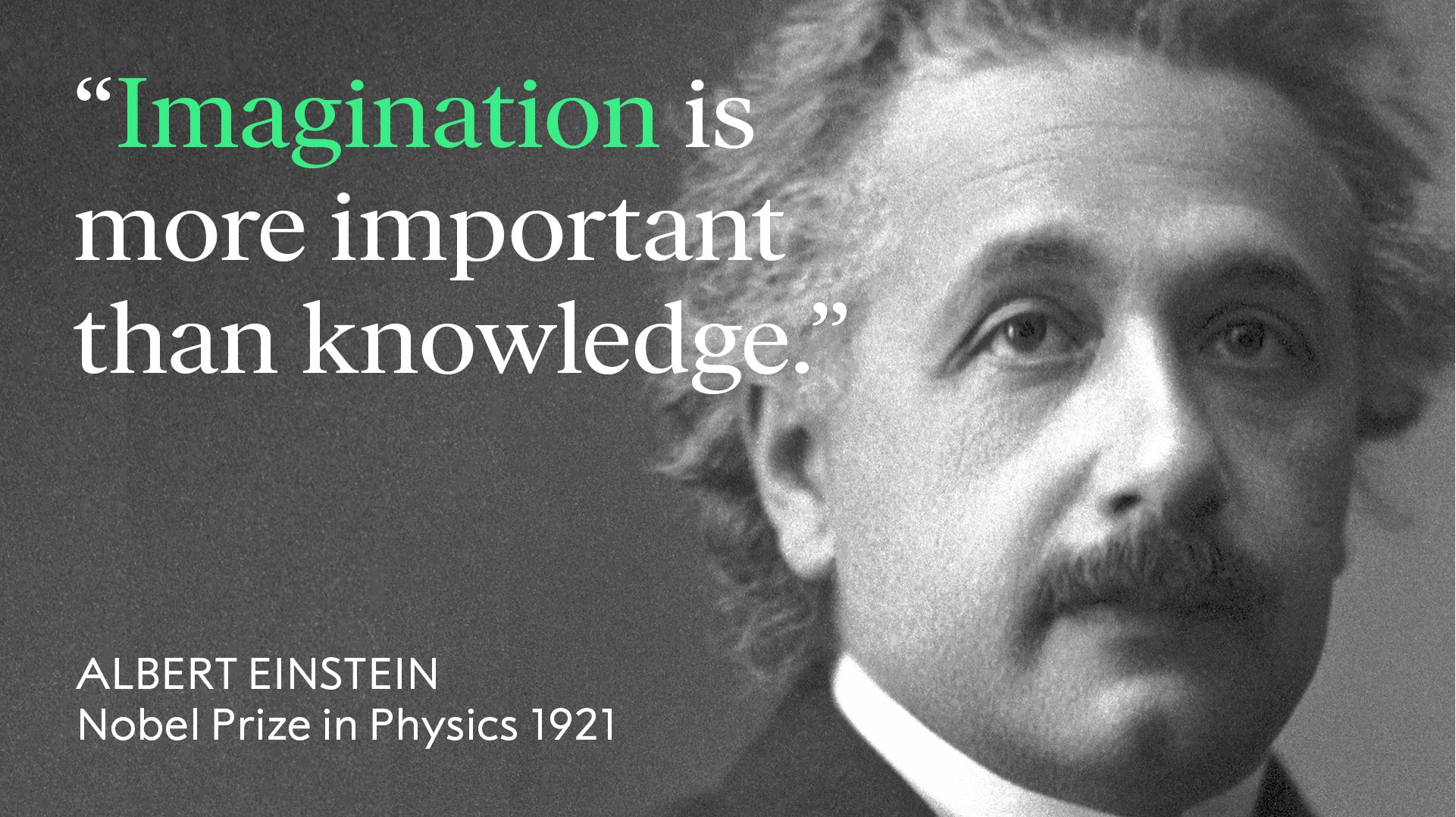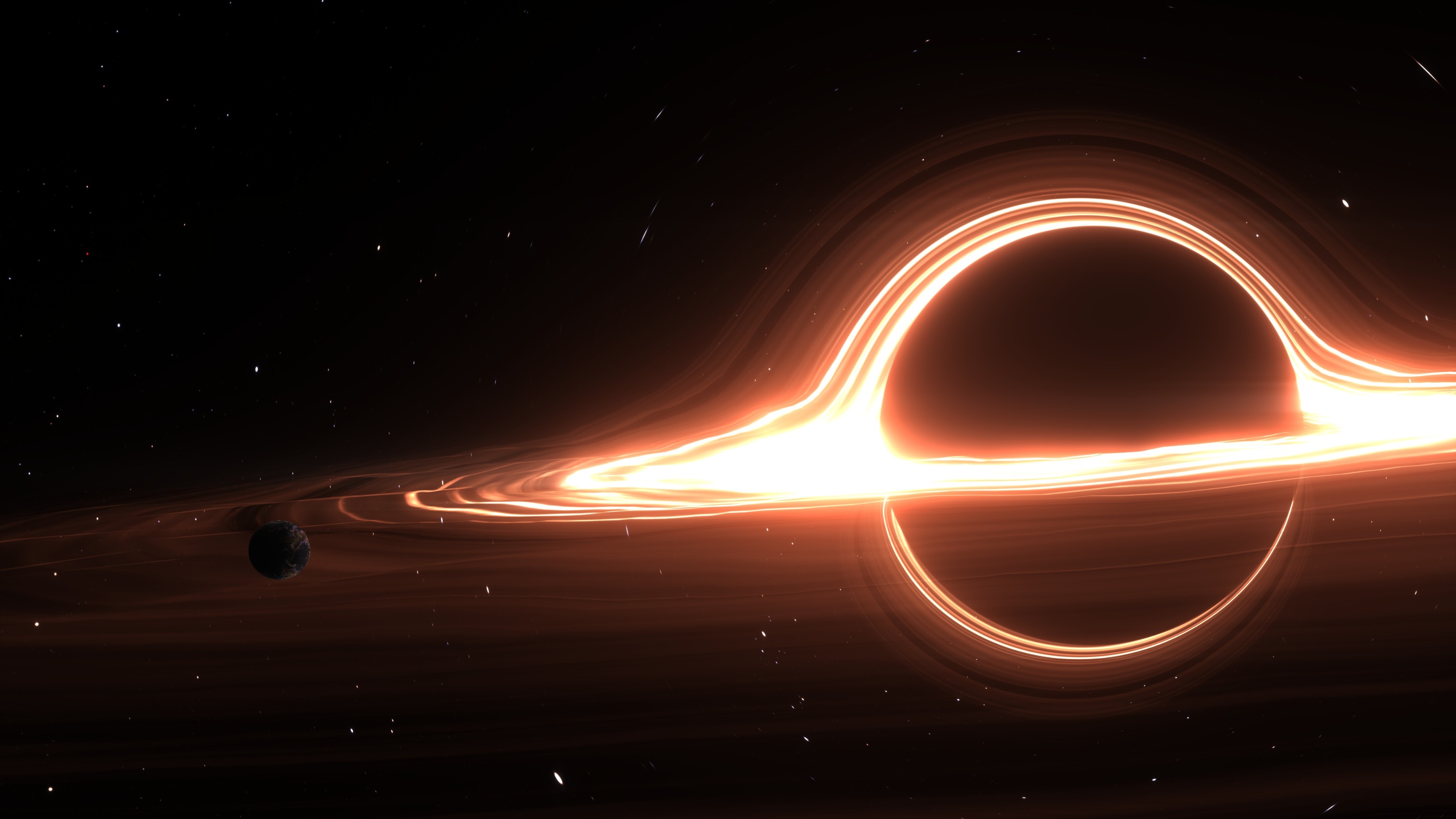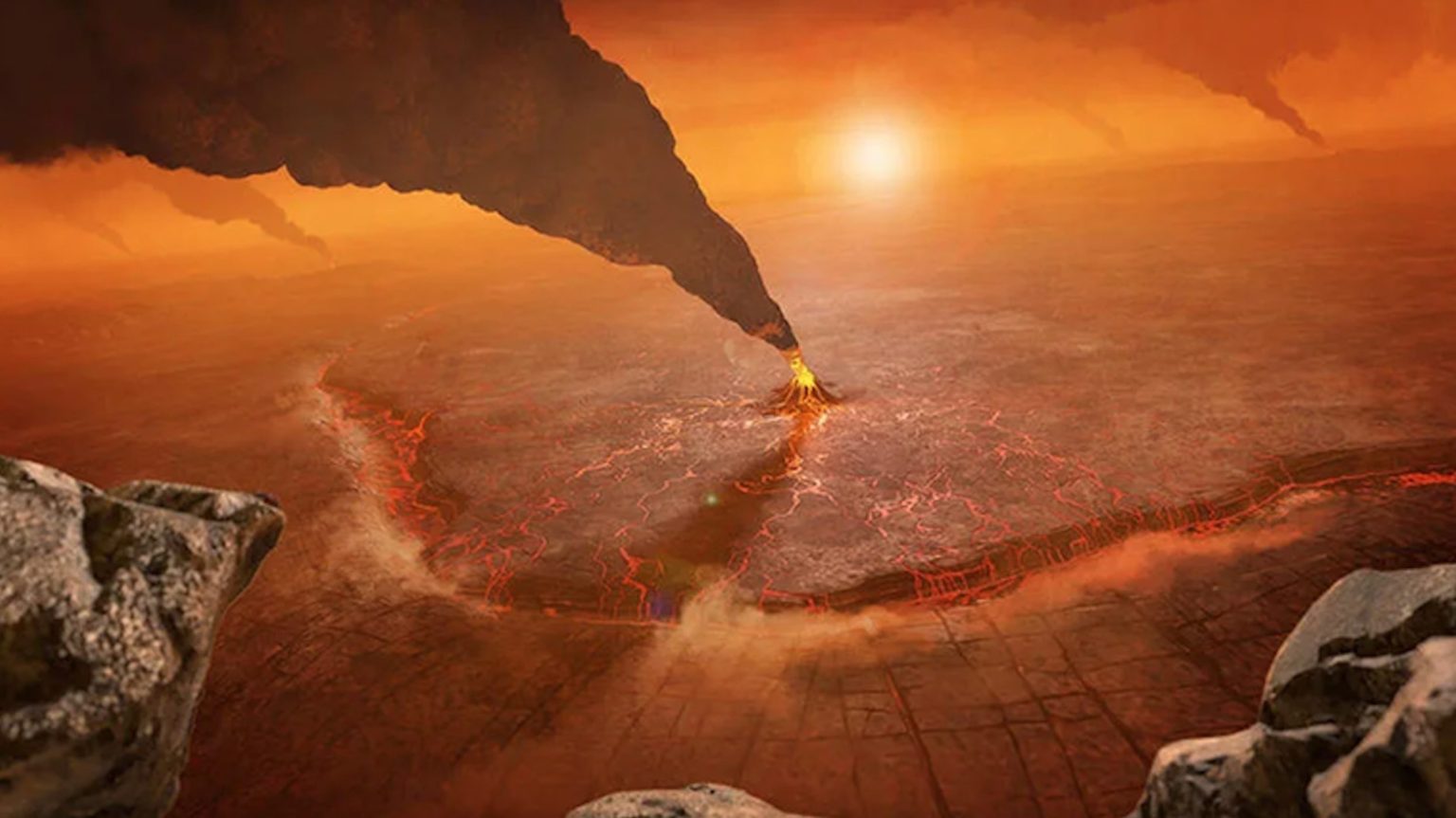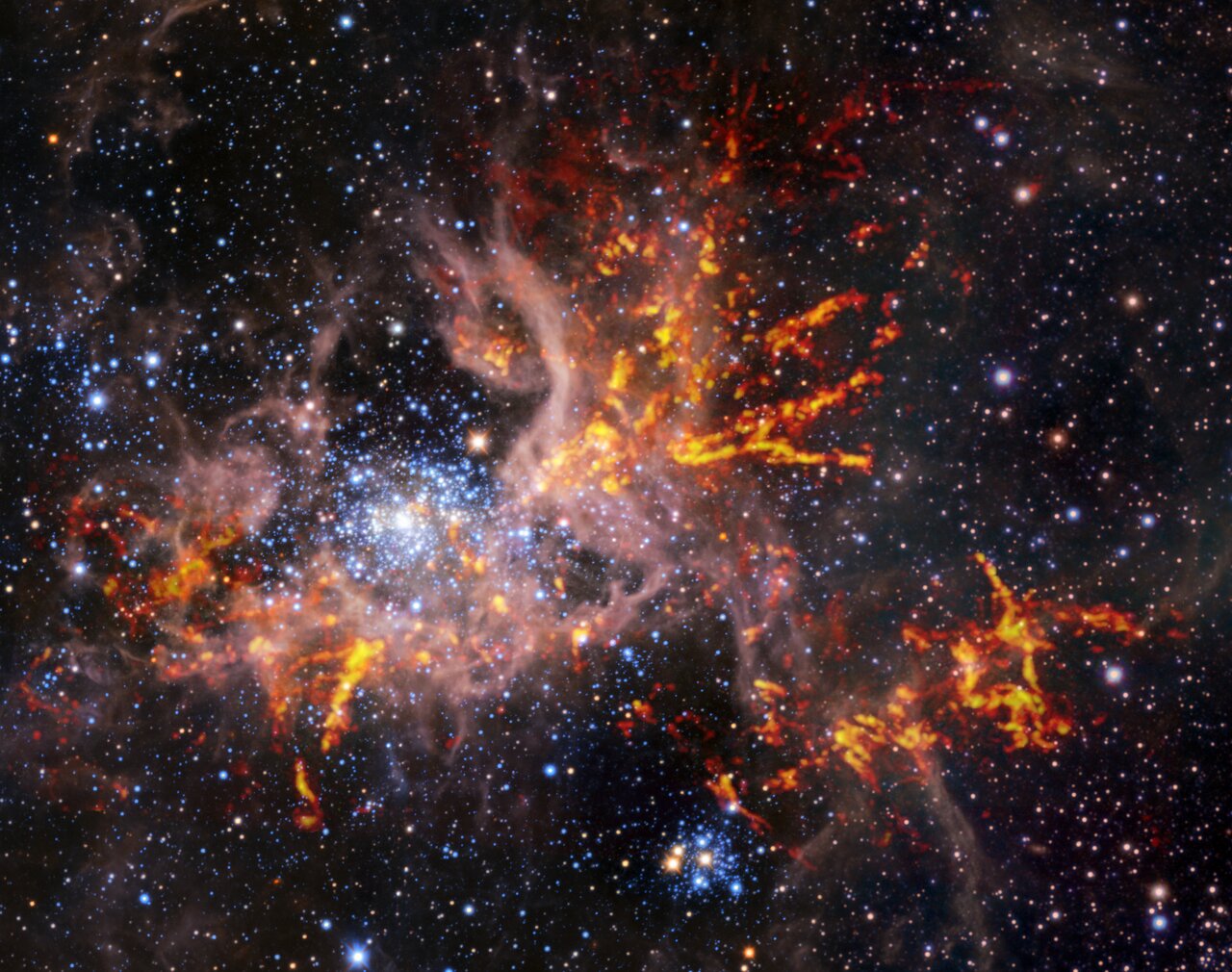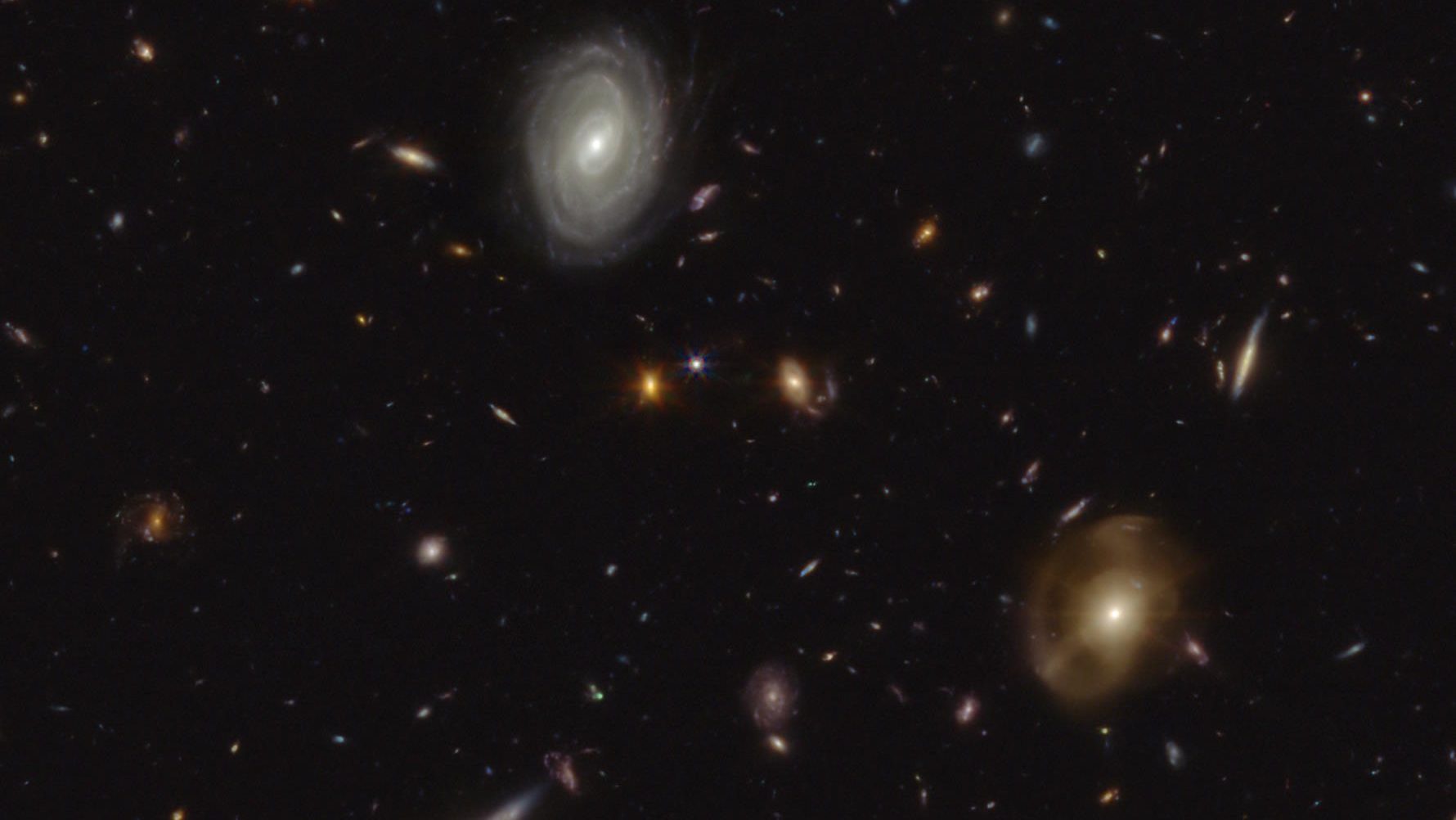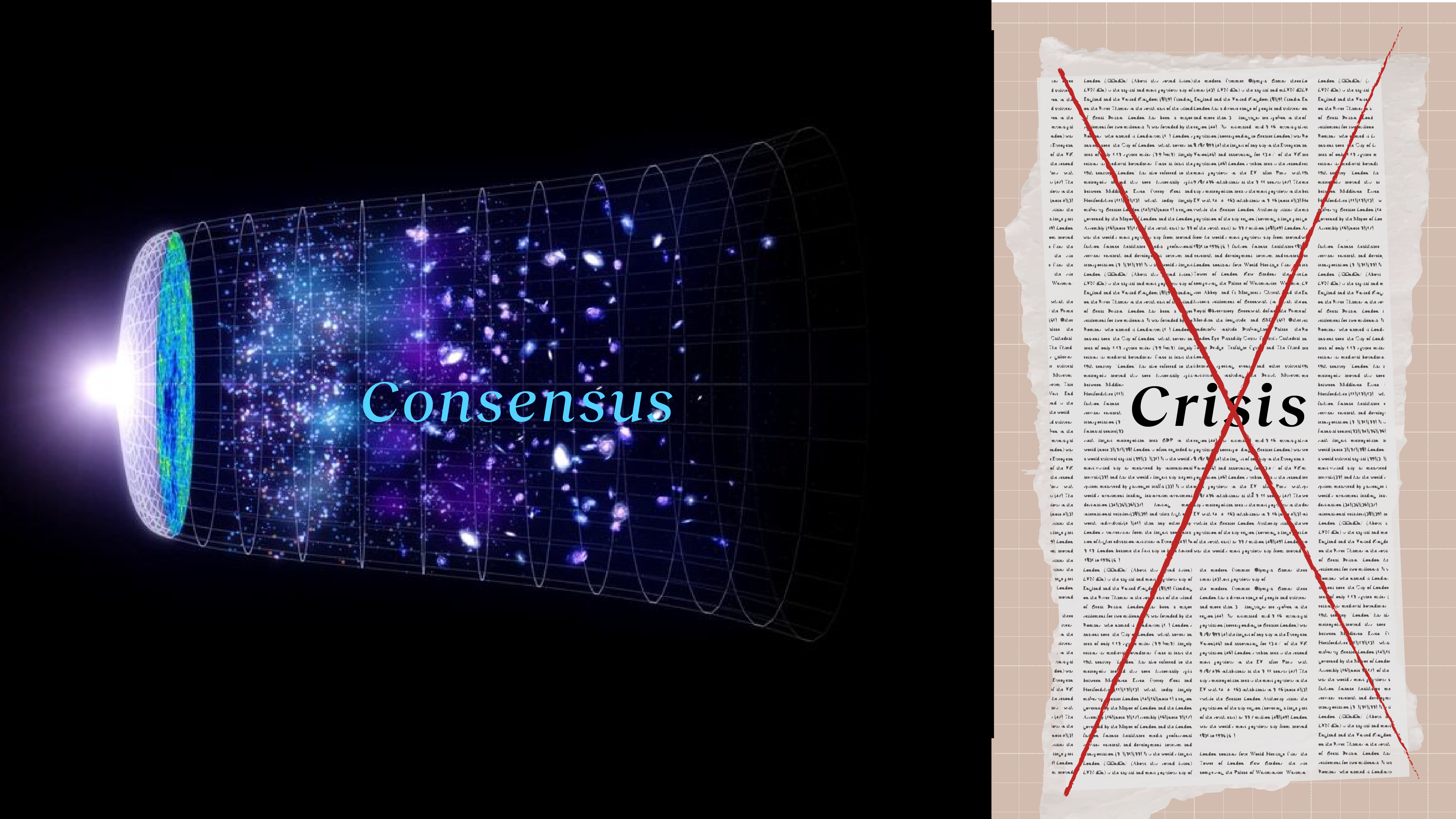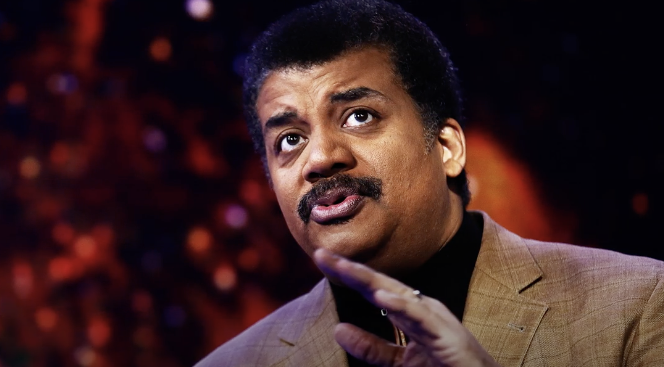Neutrons can be stable when bound into an atomic nucleus, but free neutrons decay away in mere minutes. So how are neutron stars stable?
Search Results
You searched for: gravity
Contrary to conventional wisdom, matter can escape the center of the Earth.
Quantum entanglement may remain spooky, but it has a very practical side.
From physics and alchemy to theology and eschatology, Isaac Newton’s research was rooted in a personal pursuit of the Divine.
No matter how good our measurement devices get, certain quantum properties always possess an inherent uncertainty. Can we figure out why?
“The surface is no longer a record of every impact the moon has ever had, because at some point, impacts were erasing previous impacts.”
Light can be turned into heat, which can then be turned into motion, and the effect of that motion can be turned into a big squeeze.
In all of science, no figures have changed the world more than Einstein and Newton. Will anyone ever be as revolutionary again?
We cannot afford to dream about living on other worlds while we continue to destroy ours.
A new measurement offers insights on the density of the mysterious force driving the Universe’s expansion.
“It is more human to laugh at life than to lament it.”
No matter how good our measurement devices get, certain quantum properties always possess an inherent uncertainty. Can we figure out why?
Even the dictionary doesn’t get the definition right.
In logic, ‘reductio ad absurdum’ shows how flawed arguments fall apart. Our absurd Universe, however, often defies our intuitive reasoning.
Chemists could replace bubbling flasks with tumbling ball mills.
All forms of energy affect the expanding Universe. But if matter and radiation slow the expansion down, how does dark energy speed it up?
The strongest tests of curved space are only possible around the lowest-mass black holes of all. Their small event horizons are the key.
We knew we’d find galaxies unlike any seen before in its first deep-field image. But the other images hold secrets even more profound.
Astronomers in 2017 caught an image of a supermassive black hole in a galaxy far, far away. Doing it in our own galaxy is a huge milestone.
“Imagination is more important than knowledge” is often taken to mean that your conceptions outweigh what’s real. That’s not what he said.
At 1,600 light years away, the black hole is practically in our cosmic backyard.
When stars form, they emit energetic radiation that boils gas away. But it can’t stop gravitational collapse from making even newer stars.
For many years, cosmologists have claimed the Universe is 13.8 billion years old. A new paper says no, it’s 26.7 billion. How do we decide?
A recent experiment challenges the leading dark matter theory and hints at new directions for uncovering one of the Universe’s biggest mysteries.
There are a few clues that the Universe isn’t completely adding up. Even so, the standard model of cosmology holds up stronger than ever.
Dr. Tyson explains where we might find aliens, why “dark matter” is a misleading term, and why you can blame physics for your favorite team’s loss.
In our Universe, matter is made of particles, while antimatter is made of antiparticles. But sometimes, the physical lines get real blurry.
Pessimism reigned supreme.
